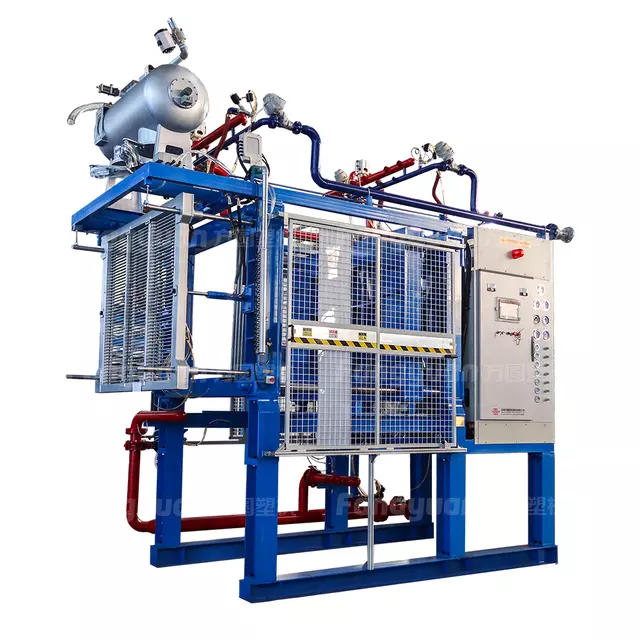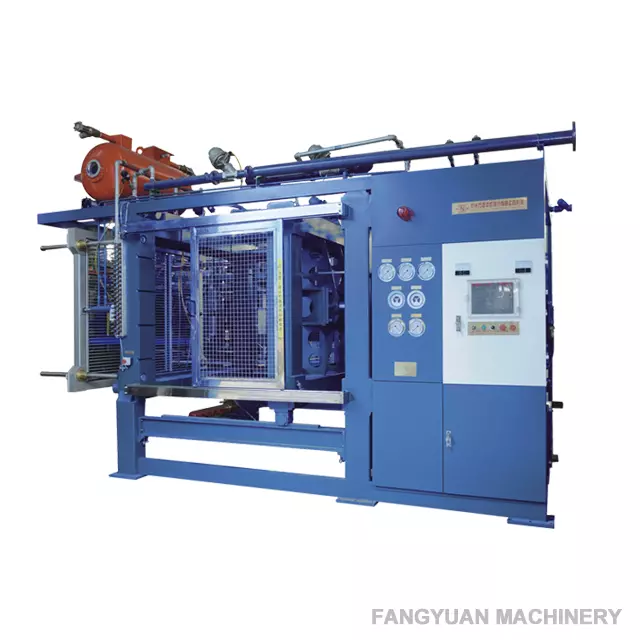In the fastpaced world of industrial manufacturing and material science, there's a growing need for materials that can efficiently expand during postprocessing. The latest innovation, ETPU (Elastomer with Enhanced Thermal Processing Yield), is poised to revolutionize this sector by offering postexpansion systems that are not only highly effective but also ecofriendly.
ETPU, as its name suggests, boasts enhanced thermal processing yield, making it an ideal choice for industries that require highquality materials without compromising on sustainability. By optimizing the expansion process, ETPU ensures that the material expands uniformly throughout its length, providing a consistent shape and quality. This leads to improved product durability, reduced waste, and increased efficiency in production processes.
One significant advantage of using ETPU in postexpansion systems is its ability to minimize environmental impact. The process of expanding the material under controlled conditions significantly reduces energy consumption compared to traditional methods. As a result, businesses can reduce their carbon footprint while still achieving optimal performance from their products.
Moreover, ETPU offers a versatile range of applications across various industries. From automotive components to sports equipment, medical devices, and even packaging solutions, this innovative material has the potential to transform these sectors for the better. Its lightweight yet strong nature makes it particularly appealing for those looking to create sustainable and costeffective products.

To ensure the success of these innovations, it's essential to have a reliable postexpansion system that meets stringent quality standards. This requires ongoing research and development to identify new materials and processing techniques that enhance both the functionality and environmental friendliness of ETPU.
In conclusion, the advancements in ETPU postexpansion systems represent a promising direction in the field of material science. By leveraging advanced technology and ecoconscious practices, we can create more efficient, sustainable, and environmentally friendly products. Stay tuned for more updates on how ETPU will continue to redefine the way we produce and consume materials in the future.

























 QQ
QQ